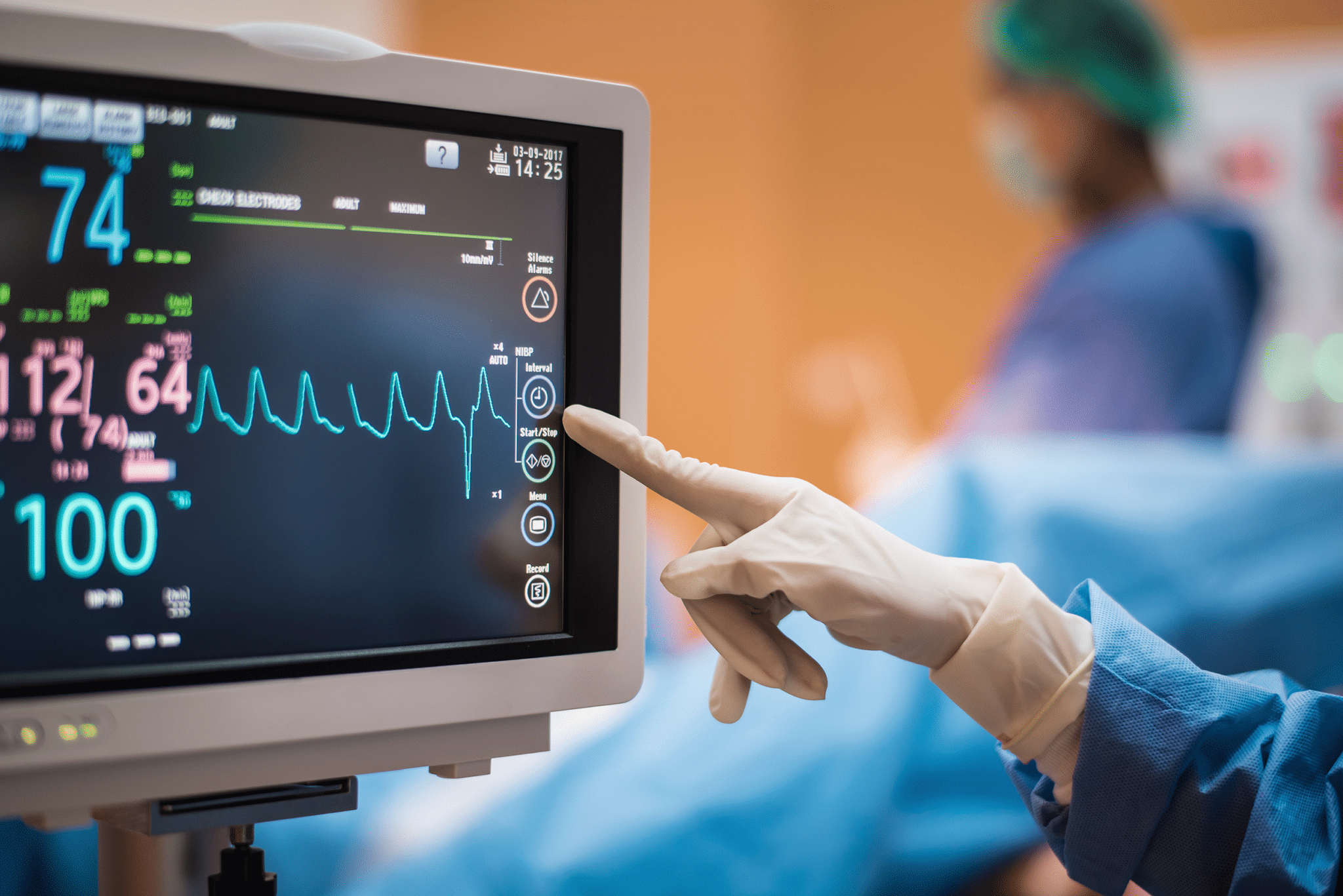Services
Hospitals are equipped with a variety of diagnostic and therapeutic services to address the healthcare needs of patients comprehensively. Among these services, X-ray, ECG (Electrocardiogram), and nebulizer treatments play crucial roles in patient care. X-ray services, available at the ECG, X-ray, and nebulizer test service centre in Chandigarh, involve the use of electromagnetic radiation to capture images of the internal structures of the body.This diagnostic tool aids in identifying fractures, abnormalities, and diseases, allowing medical professionals to formulate accurate treatment plans. ECG services focus on assessing the electrical activity of the heart, providing vital information about cardiac health. This non-invasive procedure helps diagnose conditions like arrhythmias, heart attacks, and other cardiovascular issues. Nebulizer services are essential for respiratory care, particularly in patients with conditions such as asthma or chronic obstructive pulmonary disease (COPD). Nebulizers deliver medication in mist form, making it easier for patients to inhale and manage respiratory symptoms effectively. These services collectively contribute to the hospital’s commitment to diagnostic precision, timely intervention, and comprehensive patient care.

What is E.C.G?
ECG, or Electrocardiogram, is a medical test that measures and records the electrical activity of the heart over a period of time. The test is commonly known as an EKG in some places, derived from the German word "Elektrokardiogramm."
During an ECG, small electrodes are attached to the skin of the chest, arms, and legs. These electrodes detect the electrical signals generated by the heart each time it beats. The signals are then recorded and displayed as a series of waves on a graph or monitor.
The ECG provides valuable information about the heart's rhythm, rate, and overall electrical activity. It helps healthcare professionals diagnose various heart conditions, such as arrhythmias, heart attacks, heart valve issues, and other cardiac abnormalities. ECGs are routinely used in both diagnostic and monitoring capacities, offering a non-invasive and valuable tool for assessing cardiovascular health.
What is X-Ray?
X-ray, or radiography, is a medical imaging technique that uses electromagnetic radiation to create detailed images of the inside of the body. It is a common diagnostic tool employed by healthcare professionals to visualize bones, organs, and tissues.
During an X-ray procedure, a small amount of ionizing radiation is directed through the body. Dense structures, such as bones and certain tissues, absorb more radiation and appear white on the X-ray image. Less dense structures, like muscles and organs, allow more radiation to pass through and appear darker on the image.
X-rays are widely used to diagnose various conditions, including fractures, infections, tumors, and lung diseases. They are quick, non-invasive, and provide valuable information for medical professionals to formulate treatment plans.
However, it's important to note that exposure to ionizing radiation carries some risk, and healthcare providers take precautions to minimize radiation exposure during X-ray procedures. Alternative imaging techniques, such as MRI or CT scans, may be used when appropriate.


What is Nebulization?
Nebulization is a medical process that involves the administration of medication in the form of a mist or fine spray, which is inhaled into the lungs. This method is commonly used to treat respiratory conditions such as asthma, chronic obstructive pulmonary disease (COPD), and other respiratory illnesses.
During nebulization, a nebulizer device is utilized to convert liquid medication into a fine mist, allowing it to be easily inhaled into the lungs. The nebulizer typically consists of a small machine, a cup for holding the liquid medication, and a mask or mouthpiece for the patient to inhale the medication.
Nebulization is particularly effective for delivering medication directly to the respiratory system, as the mist reaches deep into the lungs. This method is often preferred for individuals who have difficulty using inhalers or for those requiring larger doses of medication.
Common medications delivered through nebulization include bronchodilators, corticosteroids, and other respiratory medications. The process is generally well-tolerated and can be administered in various healthcare settings, including hospitals, clinics, and even at home under the guidance of healthcare professionals.
"Your Health, Our Priority: Compassionate Care, Exceptional Service"
These services play a crucial role in the hospital's commitment to providing accurate diagnostics and effective treatments for various medical conditions.
1. X-ray Services: Jund Hospital is equipped with advanced X-ray technology that enables high-quality imaging of bones, organs, and tissues. The hospital's radiology department utilizes X-rays for diagnosing fractures, detecting abnormalities in the chest or abdomen, and assessing the skeletal and soft tissue structures. The experienced radiologists at Jund Hospital ensure precise and timely X-ray interpretations, aiding in the diagnosis and treatment planning for patients.
2. ECG (Electrocardiogram) Services: Jund Hospital offers ECG services, a fundamental diagnostic tool for assessing heart health. The hospital's cardiology department uses ECG to record the electrical activity of the heart, helping in the diagnosis of various cardiac conditions such as arrhythmias, heart attacks, and other cardiovascular issues. The hospital's skilled cardiologists and technicians ensure accurate ECG readings, contributing to timely intervention and cardiac care.
3. Nebulizer Services:
Jund Hospital provides nebulizer services for patients with respiratory conditions such as asthma, COPD, and other lung-related disorders. The hospital utilizes modern nebulizer equipment to administer medication in the form of a fine mist, facilitating effective inhalation into the lungs. Nebulizer treatments at Jund Hospital are conducted under the supervision of respiratory therapists or healthcare professionals, ensuring optimal therapeutic outcomes for patients with respiratory issues.
Overall, Jund Hospital's commitment to technological excellence and skilled healthcare professionals ensures that patients receive accurate diagnostics and effective treatments through their X-ray, ECG, and nebulizer services.
